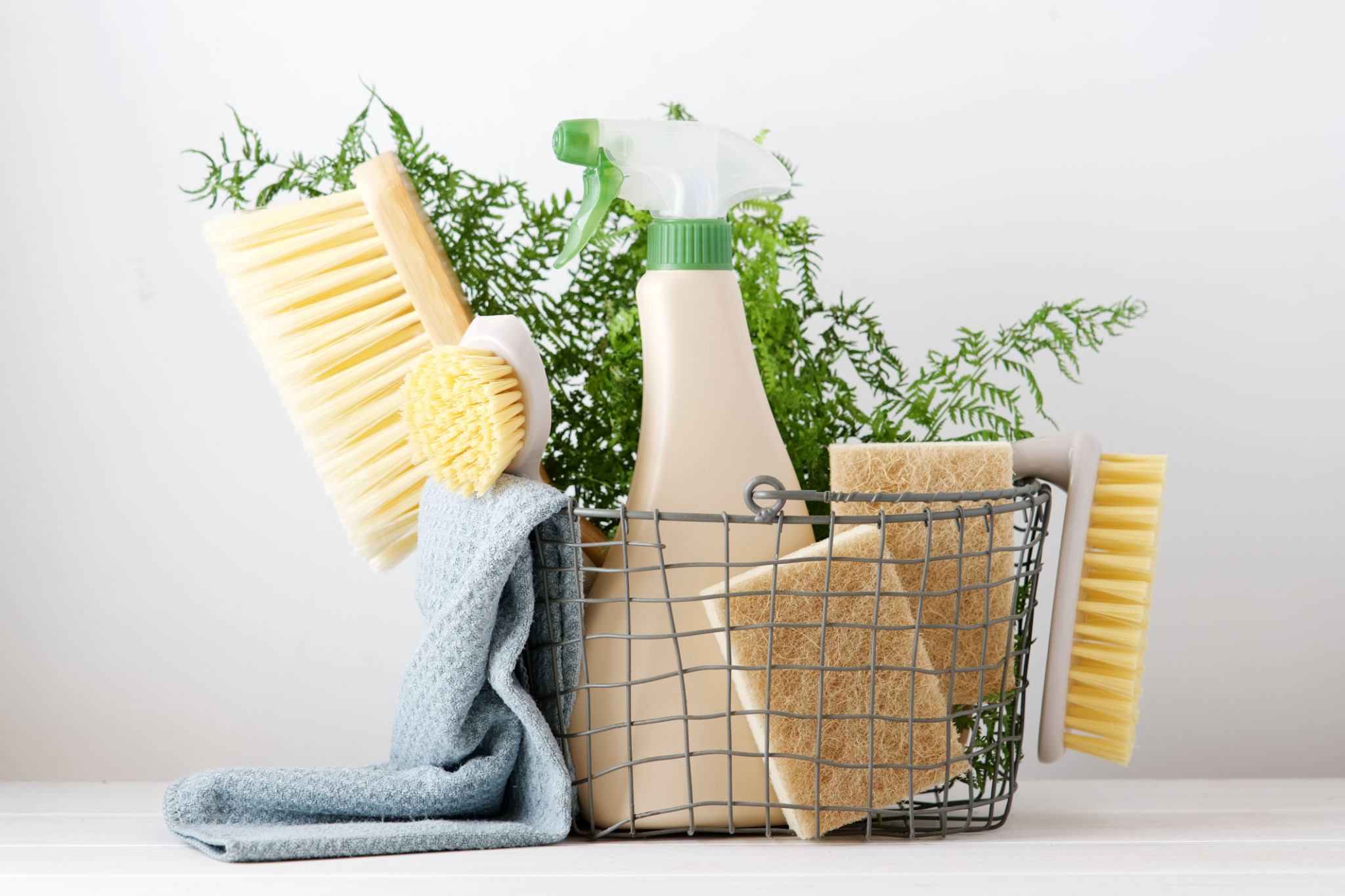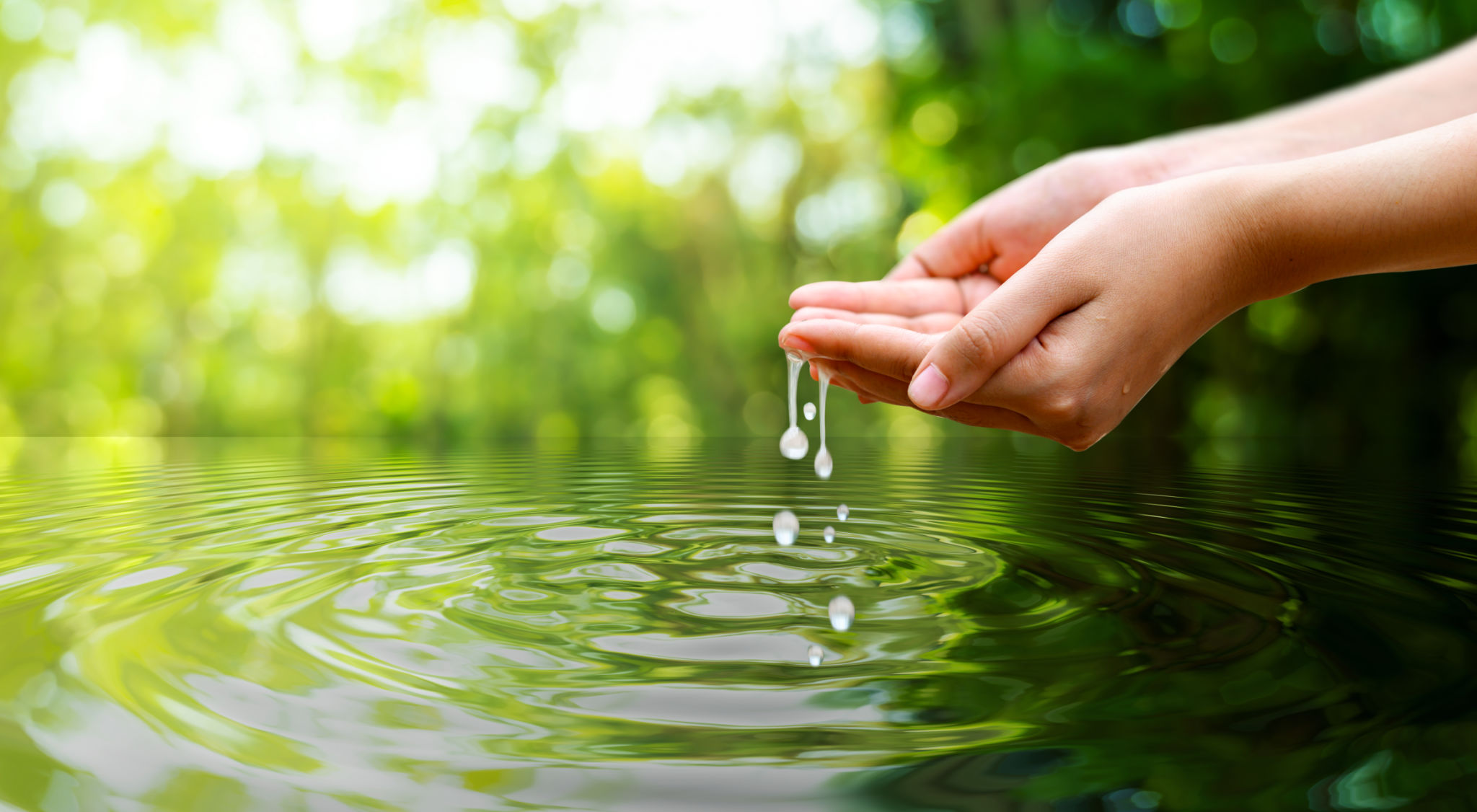The Future of Home Cleaning: Innovations in Sustainable Practices
The Rise of Eco-Friendly Cleaning Solutions
As environmental concerns continue to grow, the demand for sustainable home cleaning solutions is on the rise. More consumers are seeking products that not only promise a clean home but also minimize environmental impact. This shift has led to the development of various eco-friendly cleaning agents that use natural ingredients, avoiding harsh chemicals that can harm the ecosystem.
Many companies are now focusing on plant-based formulas that efficiently break down dirt and grime without leaving harmful residues. These innovations are not only safer for the environment but also for families, reducing the risk of allergic reactions and other health issues caused by toxic chemicals.

Smart Cleaning Technologies
The integration of smart technology into home cleaning is another significant trend shaping the future. Devices like robotic vacuums and automated mops are becoming increasingly sophisticated, offering homeowners convenience and efficiency. These gadgets are equipped with sensors and AI technology that allow them to navigate through homes autonomously, ensuring thorough cleaning with minimal human intervention.
Moreover, many of these devices are now designed with sustainability in mind. They come with energy-saving modes and have longer-lasting batteries, which contribute to reducing energy consumption. Some models even offer the ability to schedule cleaning sessions, optimizing energy use during off-peak hours.

Water Conservation in Cleaning Practices
Water conservation is another critical aspect of sustainable cleaning practices. Traditional cleaning methods often waste significant amounts of water, which is a precious resource. Innovative solutions like steam cleaners have emerged as effective alternatives, using high-temperature steam to sanitize surfaces without the need for excessive water.
Additionally, some companies are developing waterless cleaning products that rely on advanced formulas to lift dirt without rinsing. This not only conserves water but also reduces the time and effort required in the cleaning process.

Reducing Waste with Refillable and Concentrated Products
To combat the issue of excessive waste, many brands are introducing refillable and concentrated cleaning products. These products are designed to reduce packaging waste by allowing consumers to reuse containers instead of discarding them after a single use. Concentrated formulas require less packaging and are often more economical, as a small amount goes a long way.
Moreover, refill stations for cleaning products are becoming more common in retail stores, allowing customers to refill their bottles directly from large dispensers. This practice not only reduces plastic waste but also encourages consumers to make more conscious purchasing decisions.
The Role of Consumer Awareness and Choices
Ultimately, the success of sustainable home cleaning practices hinges on consumer awareness and choices. Educating consumers about the environmental impact of their cleaning habits can drive change towards more sustainable options. By choosing eco-friendly products and adopting energy-efficient practices, individuals can play a crucial role in promoting sustainability at home.
Furthermore, supporting brands that prioritize sustainability sends a powerful message to the industry, encouraging more companies to adopt eco-friendly practices. As awareness grows, so does the potential for widespread adoption of sustainable cleaning solutions.

